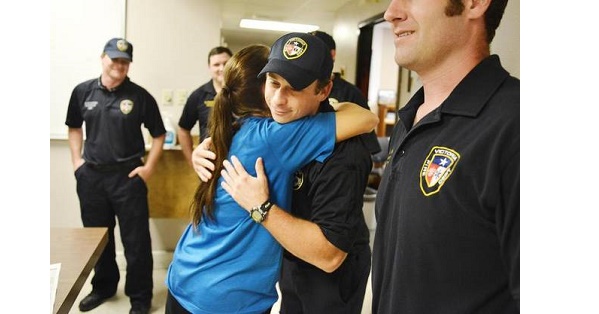Here are five reasons to improve your capability as clinician by taking a critical care paramedic course:
1. Bring greater care to the fragile patient
Recognition of critically ill patients and their proper treatment greatly determines their outcome. For inter-facility transports, the paramedic needs to be familiar with and responsible for initiating, maintaining or titrating potent and complex medications. These patients may also be dependent on specialized supportive or diagnostic equipment with the paramedic responsible for initiating or maintaining mechanical ventilation, hemodynamic monitoring, central/arterial lines, intra-aortic balloon pump or extra corporal membrane oxygenation (ECMO).
2. Advance clinical knowledge
EMS is quickly moving from an industry of technicians to clinicians, implementing guidelines as opposed to hardline protocols, and increasing education standards. A critical care course will immerse the learner into more detailed concepts of pathophysiology and introduce more advanced assessment and diagnostic abilities.
3. Receive formal endorsement and alterations in scope of practice
Many states are recognizing the education process and need for critical care level providers. As a result, some states offer endorsements as a Critical Care Paramedic. In many cases, this endorsement will add to the scope of practice and open doors for employment opportunities. This endorsement will almost always require formal critical care program completion.
4. Preparation for advanced certification exams
The Board for Critical Care Transport Paramedic Certification (BCCTPC) offers advanced exams and certification for prehospital providers, including the Flight Paramedic exam (FP-C) and the Critical Care Paramedic exam (CCP-C). Completion of a formal education program is not needed to take these exams, but completing a training program will likely improve the odds of success.
5. Because we can
Keep pushing the envelope of EMS, both personally and as an industry. We’re an expanding industry comprised of highly motivated individuals, eager to learn, expand and leave something behind for future providers. Taking the knowledge gained in critical care education provides framework to continue to diversify and exemplify the profession, for ourselves and the industry.
The fate of dying patients has always rested directly in the hands of those taking care of them. Ultimately, protocols don’t save these patients, nor do EMS systems or hospitals, although all are needed. Individual effort is what’s necessary, backed by knowledge, skill competence, confidence and motivation.
Source

